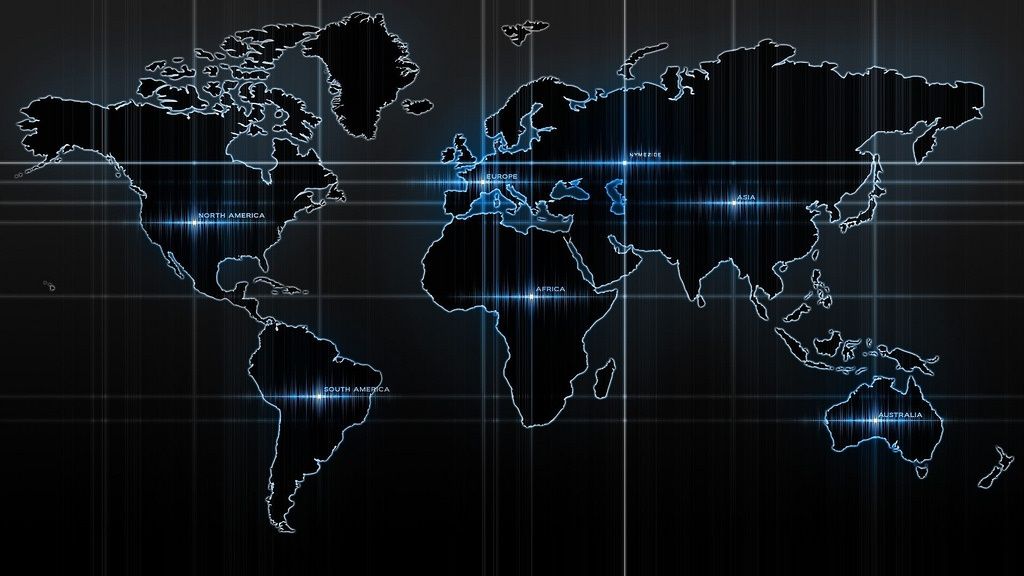As we have already covered previously, web scraping, in general, is the process of collecting information from the internet without the use of repetitive typing or copy-pasting. Web scraping software or tools search for the required data manually or automatically, putting together the sought-after data and storing them on your local computer.
Thus, it saves you from the tedious job of manual data search, which can last for hours and even days, and provides easy access to the data found. Considering how much valuable data there is in travel/airline industry and how profitable it can be to just use an existing database without having to get in the trouble of creating it yourself – data scraping is a godsend tool for travel agencies.
Today, everyone is aware of the existence of data scraping in the travel industry but very few people actually know details like how, exactly, web scraping happens? To what extent is it effective? What areas can you cover without risking to breach legal rules? The travel industry is the third most likely business sector to be scrapped, after online directories and classified advertisers. Travel listings scraped from different travel sites can be aggregated for many uses.
Since web data scraping has become so popular recently, the benefits and challenges of the practice are more and more relevant to everyone in the industry. The most interesting thing is that over 30% of people who visit travel industry websites are web scrapers. What’s so special about travel agencies and why are they a subject to such growing interest? What steps can you take in order to benefit from scraping and how can you wisely use the gathered data?
For starters, websites like TripAdvisor have a huge collection of travel listings, hotel reviews, and even reviewers’ profiles. This data can be scraped from such sites to build a travel search engine with a huge database of travel listings. The data can also be used to analyze the patterns of travelers, their likes and dislikes and much more information that can be used to build a successful business in the travel and tourism industry.
- Get the database through web scraping (list of hotels, reviews, locations of restaurants, cafes, etc.). If you work in the travel industry, you know very well how valuable it is to have such possession in your hands. In order to keep up with the hectic world of this industry where new restaurants, cafes, and hotels are opening every day, you need a considerable amount of workforce whose full-time job will be to find out things that a web scraping service can do in a matter of hours for you. Today, there are more advanced web data scraping techniques and skills that enable you to visit the websites and get the data comfortably and easily. There is also software that scrapes the web automatically and records the data.
Inevitably, data mining companies have become a valuable asset to many travel agencies around the globe which need help with collecting and analyzing data from simple lists to price monitoring. With the help of data scraping, it will be easier for you to increase the business prospects of your travel agency.
- Conduct competitor price monitoring. One of the most important aspects of your business is maintaining attractive price list. With the help of web scraping you will be able to be on top of what’s going on in competitors’ websites in terms of prices, or deals that they offer- it will help you maintain a competitive edge in the travel industry. Price change monitoring is crucial for your business as it helps to reveal the prices of your competitors and thus you can set the price of your services accordingly so that maximum clients register for your services.
Basically, there is a tool for price change monitoring when you use the website scraping services. What it does is look at your competitor’s website and check for price change on a daily basis. If there is a change in price then you can get information on that immediately so that you can adjust your rates accordingly. It also helps in determining resources and goods that are in demand and how the travel agencies will get profit in the long run.
- Carry out market share analysis. Besides the obvious gathering of intelligence and price monitoring, you can use data scraping in the market share analysis as well as other important researches in the travel industry. The interesting thing is that many airlines don’t mind scrapers. In fact, they see the tickets sold through scrapers just as income generated. For some airlines, a staggering 40% of the bookings are made through scrapers. Taking into consideration the highly competitive nature of the travel industry, it is important to seek help from scraping experts and make the most of what data harvesting can offer in order to prosper your business. With the information collected, it is easier to predict how the market trends will change.
In the end, it is not a secret that business is all about competition. A readymade database of restaurants, cafes, hotels and so on is a dream for every starting travel agency. A dream that can come true with the help of using web harvesting. In addition, this practice can also prove extremely useful if you want to identify the areas of your business that need improvement, get updates on what your competitor does better and be able to compete effectively with your peers in the industry.
With the help of web harvesting, you will obtain knowledge about how your competitor carries out pricing which is important to help you mirror your own strategies and adjust accordingly. Plus you will get an additional bonus opportunity to carry out market share analysis.
What do you use data scraping in your travel agency for? Feel free to comment below and share your tips with us!


